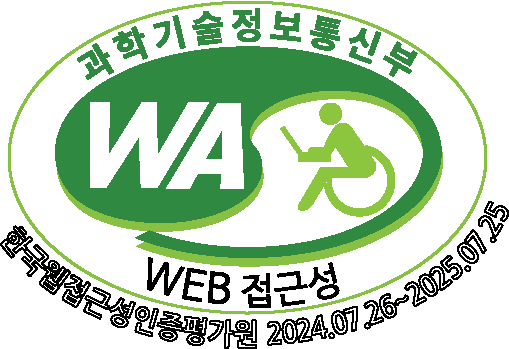관련자료
[각료회의] 제11차 WTO 각료회의 우리수석 대표 연설문
- 부서명
- 지역경제기구과
- 작성일
- 2017-12-20
- 수정일
- 2017-12-20
- 조회수
- 6365
STATEMENT BY MR. KIM YOUNG SAM
DEPUTY MINISTER FOR TRADE AND INVESTMENT
REPUBLIC OF KOREA
Let me first extend my deep gratitude to President Macri, the government and the people of
Argentina for hosting the 11th WTO Ministerial Conference and providing their kind hospitality.
The WTO has played a crucial role in helping many Members trade their way out of poverty and
pursue economic growth and development. Despite its remarkable achievements, however, the
WTO and multilateral trading system are today facing challenges of a nature and magnitude never
seen before.
While the recent WTO trade monitoring report has shown a marked reduction in the number of
new trade-restrictive measures, we also observe abuses of trade remedy, TBT and SPS measures
for protectionist purposes. Moreover, the WTO’s legislative function is in a continued deadlock,
unable to reconcile divergent interests and sensitivities of Members. In order for the WTO to
overcome such challenges, it needs to identify a modus operandi that works in today’s global
environment.
First, the negotiating approach and agenda of the WTO need to adapt to a changing world. It is no
longer feasible for the WTO to reach a one-size-fits-all agreement among 164 Members at once. It
would be more sensible to take a practical and multi-layered approach of seeking incremental
progress.
In certain areas, swifter progress can be made through plurilateral negotiations, as seen in the ITA
expansion two years ago. The TFA (Trade Facilitation Agreement) approach of allowing different
implementation periods based on each Member's circumstances could be replicated in other
multilateral negotiations.
On top of that, the WTO needs to embrace emerging issues to keep abreast of the changing global
economy including the digital revolution. Otherwise, the WTO will lose its relevance and see these
important issues be addressed and decided elsewhere. In this regard, while continuing our efforts
to advance outstanding areas including agriculture, fisheries subsidies, services and NAMA, we
look forward to having fruitful discussions on emerging issues such as e-commerce, MSMEs and
investment facilitation to give a clear direction on the way forward.
Second, the WTO has to contribute more to inclusive trade. Our endeavours so far have been
largely focused on trade liberalization. Consequently, we could neither successfully counter
growing antitrade sentiments nor garner support for our work from those people and Members
who have not felt a fair share of the benefits from trade. The WTO needs to pay more attention to
discussions on safety net measures such as Trade Adjustment Assistance (TAA) schemes. At the
same time, scaling up Aid for Trade to bolster supply-side capacity will help developing and leastdeveloped
country Members make the most of their integration into the global trading system.
Lastly, in this turbulent time for the multilateral trading system, it is all the more important for the
WTO to preserve and improve its dispute settlement function. WTO Members should promptly fill
all the vacancies of the Appellate Body while continuing to work on improving the dispute
settlement process to make it more efficient.
Winston Churchill said "Kites rise highest against the wind - not with it." Confronting a head wind,
I hope this Conference in Buenos Aires will serve as a meaningful stepping stone to a stronger
WTO responsive to the needs of all Members and their people. Thank you.
__________
- 메뉴담당부서
- 지역경제기구과
- 전화
- 02-2100-7658
